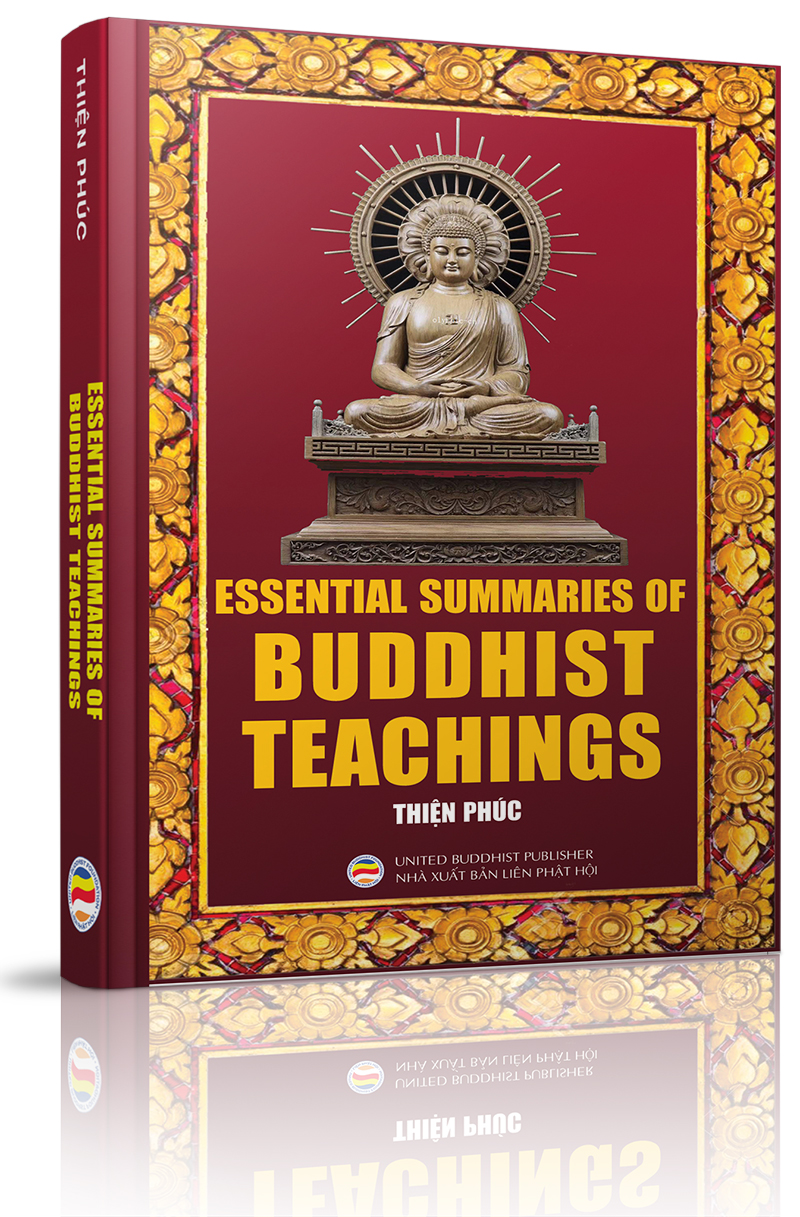Đối với người không nỗ lực hoàn thiện thì trải qua một năm chỉ già thêm một tuổi mà chẳng có gì khác hơn.Sưu tầm
Chúng ta có thể sống không có tôn giáo hoặc thiền định, nhưng không thể tồn tại nếu không có tình người.Đức Đạt-lai Lạt-ma XIV
Bạn có thể trì hoãn, nhưng thời gian thì không. (You may delay, but time will not.)Benjamin Franklin
Chúng ta không thể đạt được sự bình an nơi thế giới bên ngoài khi chưa có sự bình an với chính bản thân mình. (We can never obtain peace in the outer world until we make peace with ourselves.)Đức Đạt-lai Lạt-ma XIV
Nếu tiền bạc không được dùng để phục vụ cho bạn, nó sẽ trở thành ông chủ. Những kẻ tham lam không sở hữu tài sản, vì có thể nói là tài sản sở hữu họ. (If money be not thy servant, it will be thy master. The covetous man cannot so properly be said to possess wealth, as that may be said to possess him. )Francis Bacon
Các sinh vật đang sống trên địa cầu này, dù là người hay vật, là để cống hiến theo cách riêng của mình, cho cái đẹp và sự thịnh vượng của thế giới.Đức Đạt-lai Lạt-ma XIV
Người có trí luôn thận trọng trong cả ý nghĩ, lời nói cũng như việc làm. Kinh Pháp cú
Ai sống quán bất tịnh, khéo hộ trì các căn, ăn uống có tiết độ, có lòng tin, tinh cần, ma không uy hiếp được, như núi đá, trước gió.Kinh Pháp Cú (Kệ số 8)
Có hai cách để lan truyền ánh sáng. Bạn có thể tự mình là ngọn nến tỏa sáng, hoặc là tấm gương phản chiếu ánh sáng đó. (There are two ways of spreading light: to be the candle or the mirror that reflects it.)Edith Wharton
Hạnh phúc không tạo thành bởi số lượng những gì ta có, mà từ mức độ vui hưởng cuộc sống của chúng ta. (It is not how much we have, but how much we enjoy, that makes happiness.)Charles Spurgeon
Khi thời gian qua đi, bạn sẽ hối tiếc về những gì chưa làm hơn là những gì đã làm.Sưu tầm
Trang chủ »» Danh mục »» TỦ SÁCH RỘNG MỞ TÂM HỒN »» Essential Summaries of Buddhist Teachings »» Chapter Fifteen. The Truth of the Four Noble Truths »»
 Xem Mục lục
Xem Mục lục  Vietnamese || Đối chiếu song ngữ
Vietnamese || Đối chiếu song ngữ

DO NXB LIÊN PHẬT HỘI PHÁT HÀNH
Mua sách qua Amazon sẽ được gửi đến tận nhà - trên toàn nước Mỹ, Canada, Âu châu và Úc châu.
Quý vị đang truy cập từ IP 216.73.216.157 và chưa ghi danh hoặc đăng nhập trên máy tính này. Nếu là thành viên, quý vị chỉ cần đăng nhập một lần duy nhất trên thiết bị truy cập, bằng email và mật khẩu đã chọn.
Chúng tôi khuyến khích việc ghi danh thành viên ,để thuận tiện trong việc chia sẻ thông tin, chia sẻ kinh nghiệm sống giữa các thành viên, đồng thời quý vị cũng sẽ nhận được sự hỗ trợ kỹ thuật từ Ban Quản Trị trong quá trình sử dụng website này.
Việc ghi danh là hoàn toàn miễn phí và tự nguyện.
Ghi danh hoặc đăng nhập